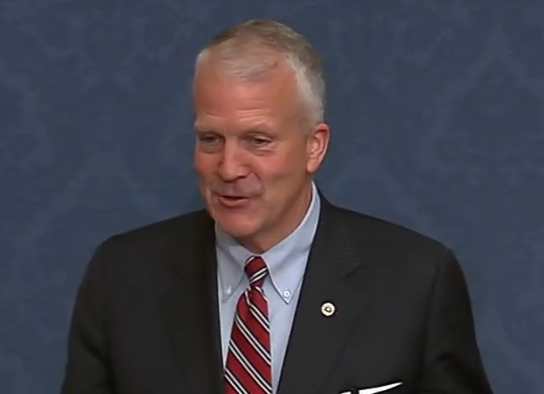(Anchorage, AK)— As healthcare costs continue to increase, the Alaska Department of Commerce, Community, and Economic Development (DCCED) is proceeding with a comprehensive reform package concerning healthcare reimbursements. DCCED and the Department of Health (DOH) formulated this approach to improve the affordability of health care for all Alaskans.
“My experiences as a patient, a business owner, and a longtime member of our local hospital’s governing board have allowed me to see this issue from many perspectives,” said Commissioner Julie Sande. “This initiative will seek a balance between patients who need more affordable health insurance while still recognizing the health care industry is also a business and an important economic driver in our state. As a result, I am confident we can address disparities in payment across Alaska’s health care industry.”
The comprehensive reform package includes the following:
- Request voluntary agreement from major insurance carriers in Alaska to leave in-network contracts at current reimbursement rates until the calendar year 2025.
- Require out-of-network payment calculation methodology to be provided in June 2023 for 2024 rate filings.
- Add Medicaid rate structure review appropriation to the Fiscal Year 2024 Capital Budget.
- Establish Health Care Costs and Reimbursements Working Group.
- Repeal the 80th percentile regulation. The repeal will not go into effect until January 1, 2024. As part of the repeal, insurance companies will be required to submit for approval an alternative basis for reimbursement of out-of-network claims as part of their 2024 rate filings.
- The State will host a town hall/ECHO on payments, including regulatory roles, consumer protections, network adequacy, rate settings/approvals, and the upcoming limited claims database.
- Include general fund requests for Department of Health care coordination demonstration projects in the Fiscal Year 2025 budget submission.
“This is an opportunity to bring stakeholder groups together in an effort to reduce and stabilize the cost of health care and create a system that is affordable, sustainable, and delivers better health outcomes for all Alaskans,” said Alaska Governor Mike Dunleavy.
Division of Insurance Director Lori Wing-Heier stated, “The Division of Insurance will continue to monitor provider reimbursement and access to health care in Alaska.” According to State statute, health care policy premiums may “not be excessive, inadequate, or unfairly discriminatory.” To ensure this, the division reviews and approves plans and premium rates and can disapprove filings that do not comply with the statute.
###[content id=”79272″]







